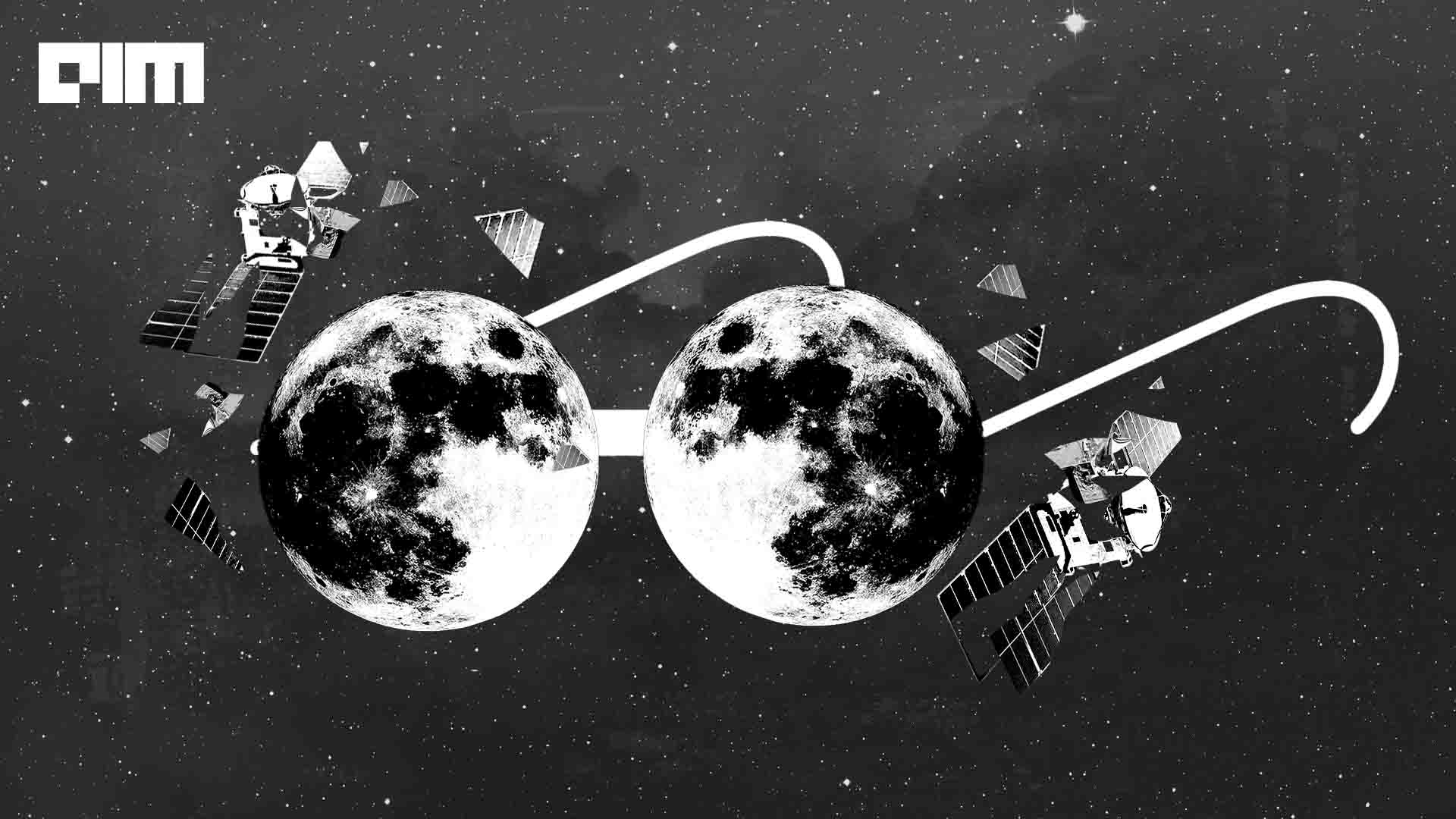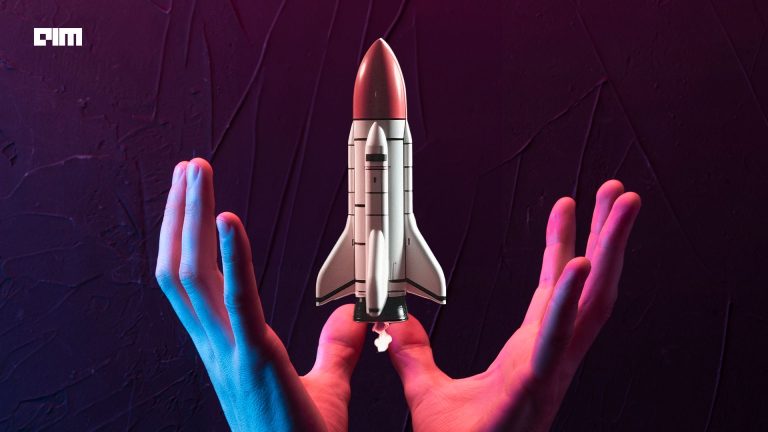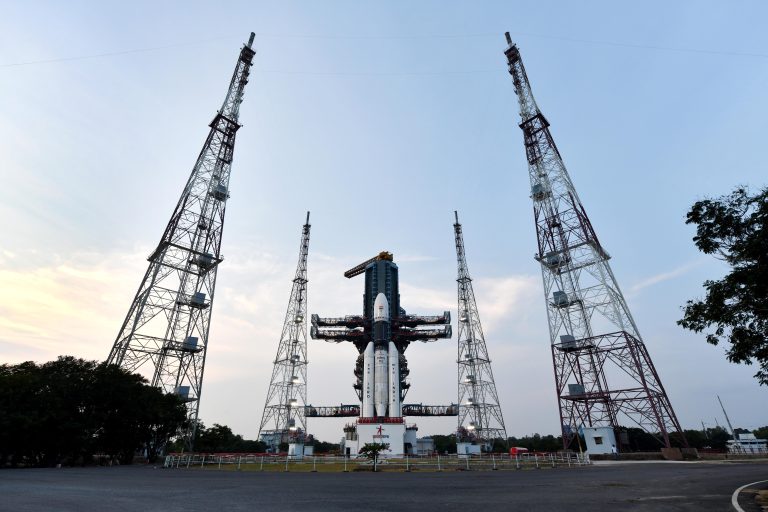|
Listen to this story
|
Thousands of rockets and satellites are launched into space every year, sadly, quite a few of them live on as debris. So many dead satellites are polluting our space, and India is among the few countries in the world that are thinking along the lines of space sustainability, calling for a plausible ‘Swachh Antariksh Abhiyan’.
Earlier in March, NASA issued its Orbital Debris Quarterly News which reported a total of 25,182 space objects including spacecraft and spent rocket bodies. India has 217 of these, which includes 114 space debris objects. In the same month, ISRO built on its ‘Project NETRA’ (Network for Space Objects Tracking and Analysis) and deployed new radars and optical telescopes with a range of 1,500 km to detect objects and debris as small as 10 cm in size.
India is not new to the space sustainability project. ISRO initiated Project NETRA, its early warning system for detecting debris and other space objects for protection of Indian satellites, back in 2019.
In December, Union Minister Jitendra Singh informed the Lok Sabha that ISRO was putting appropriate measures in place for managing the increasing debris in the low Earth orbit (LEO). These included tracking and monitoring of space objects along with collision avoidance mechanisms for satellites.
The need for debris detection and removal has increased since 2021 after a grim scenario when ISRO had to perform 19 collision avoidance manoeuvres, jumping from 12 in 2020, 14 of which were in LEO. ISRO also monitored 4,382 events in which space objects closely approached Indian assets, with 84 of them as close as a kilometre away.
Ever since the Indian government threw the space sector open, ISRO saw over 60 startup registrations until July. Many of these are dealing with space management and researching innovations for space debris removal. In the same month, Jitendra Singh inaugurated the ISRO System for Safe and Sustainable Operation (IS40M) at the ISRO Control Centre in Bengaluru for monitoring and mitigating collision threats.
Read: ISRO’s Upcoming Space Missions 2023
The UN’s Committee on the Peaceful Uses of Outer Space issued Guidelines for the Long-term Sustainability of Outer Space Activities highlighting the importance for organisations and governments to take action for the mitigation of space debris. The purpose of IS40M is to aid India in meeting the targets put forward by the UN and achieving Space Situational Awareness (SSA) goals.
ISRO has also been an active member of the Inter-Agency Space Debris Coordination Committee (IADC) that coordinates and develops technology for sustainable space operations and IS40M is India’s bid towards outer space development and SSA.
In addition to ISRO, in August, Bengaluru-headquartered startup, Diganatra Research and Technologies began building India’s first SSA observatory in Uttarakhand. Apart from tracking debris in LEO, the facility will be capable of monitoring Geosynchronous Earth Orbit (GEO).
International contributions
NASA has been actively addressing the orbital debris issue. In September, it announced the funding of research proposals for analysing the economic, policy, and social issues related to space sustainability. Their expert committee finalised three research proposals from three different universities across the globe.
On December 16, NASA partnered with AST & Science to sign a spaceflight safety agreement to benefit from AST’s BlueWalker 3 that is highly equipped for manoeuvring through space and avoiding spacecraft and debris in orbit. Earlier in December, NASA Johnson Space Center also designed Active Debris Removal Vehicle (ADRV) to remove large orbital debris from LEO by deorbiting it.
The ADRV is a single-use low cost vehicle that can capture tumbling debris objects and reposition or deorbit them. The small form factor of the vehicle allows NASA to launch eight of them in one payload.
One of the world’s first Space Sweeper, developed by a private Japan-based company, Astroscale Inc, was announced in August 2021, and planned to declutter space by the onset of 2024 by dragging them into the planet’s natural incinerator – the oxygen rich atmosphere. In September, the company also received funding from the UK Space Agency to harness its Rendezvous and Proximity Operations (RPO) for the mission COSMIC (Cleaning Outer Space Mission through Innovation Capture) to remove defunct British satellites by 2026.
Last week, ThinkOrbital, a US based company founded by former SpaceX VP, Lee Rosen, also announced a space infrastructure to enable in-space manufacturing for businesses and the military focusing on removal or recycling debris.
Apart from the risk of collision and environmental damage, the presence of orbital debris can make it more difficult and costly to access and use outer space. Debris can interfere with the launch and operation of satellites, as well as the planning of future space missions.
















































































